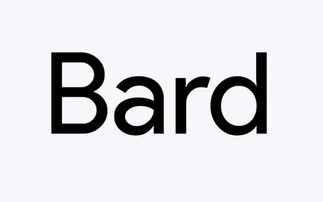SAP to shell out 4.8bn Euros to acquire BI specialist and compete against Oracle-Hyperion tie-up
German software giant SAP has announced plans to acquire business intelligence (BI) solutions vendor Business Objects, at a cost of 4.8bn Euros. This is SAP’s largest acquisition yet and follows Or...
To continue reading this article...
Join Computing
- Unlimited access to real-time news, analysis and opinion from the technology industry
- Receive important and breaking news in our daily newsletter
- Be the first to hear about our events and awards programmes
- Join live member only interviews with IT leaders at the ‘IT Lounge’; your chance to ask your burning tech questions and have them answered
- Access to the Computing Delta hub providing market intelligence and research
- Receive our members-only newsletter with exclusive opinion pieces from senior IT Leaders

















